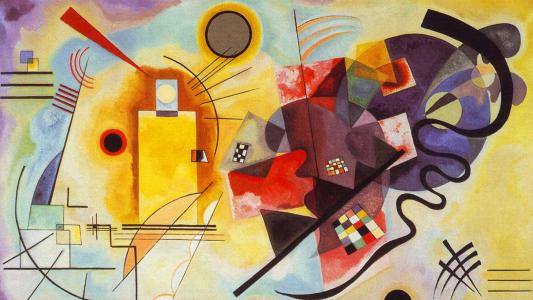Scientists created an intelligent material that acts as a brain by physically changing when it learns. This is an important step toward a new generation of computers that could dramatically increase computing power while using less energy.
Artificial intelligence imitates human intelligence by recognizing patterns and learning new things. Currently, it is run on machine learning software. But the “smarter” computers get, the more computing power they require. This can lead to a sizable energy footprint, which could destabilize the computer.
In the last seven years, computer usage has increased by 300,000-fold. Since 2012, the amount of computing power used to train the largest AI models has doubled every 3.4 months, the MIT Technology Review reports. And, the escalating costs of deep learning, can have environmental costs too. Researchers at the University of Massachusetts, Amherst, found that a common large AI model emits more than 626,000 pounds of carbon dioxide in its lifetime, nearly five times that of the average American car.
‘It is clear that we have to find new strategies to store and process information in an energy-efficient way,’ said Alexander Khajetoorians, Professor of Scanning Probe Microscopy at Radboud University.
So, Khajetoorians and his team of physicists at Radboud University in the Netherlands looked for a special kind of hardware that could accomplish the same level of intelligence without needing energy-zapping software.
In a paper published in Nature Nanotechnology, the team showed that they could create hardware out of an ensemble of interconnected cobalt atoms on black phosphorus. This atom network creates an intelligent material that can pattern and connect like brain synapses, which allows it to learn without any AI software.
How It Works
Neurons in our brains send signals to create computations, converting incoming data into action. The team’s material was designed to imitate this biology, allowing it to store and process information.
The cobalt atoms have special distinctive spin states. The team demonstrated that they could embed data inside the spin states of these atoms. Then by applying voltage, they could simulate a neuron firing and change state.
These neurons didn’t have to remember complex information like how to identify endangered elephants from space or what the hum of the universe sounds like. Instead, they had one job — remember binary information in the form of 0s and 1s. When the neuromorphic neurons fire, the atoms shifted between a state of 0 and 1. When the researchers applied voltage for an extended period, the material adapted its reaction over time. It learned by physically changing itself.
“When stimulating the material over a longer period of time with a certain voltage, we were very surprised to see that the synapses actually changed. The material adapted its reaction based on the external stimuli that it received. It learned by itself,” said Khajetoorians.
This is an important step toward achieving a “quantum brain,” which models the function of a brain with the motion and interaction of subatomic particles.
Next Steps
Before they build an entire computer with smart material, Khajetoorians says they first need to understand how it works so that they can fine-tune its behavior. Their next step is to scale up the material, building larger ensembles of atoms, and demonstrate that the system not only operates in pieces but as a whole. In the future, if they could make an entire computer out of this intelligent material, then the self-learning machine would be smaller and more energy-efficient than computers with the same capabilities today.
We’d love to hear from you! If you have a comment about this article or if you have a tip for a future Freethink story, please email us at [email protected].






